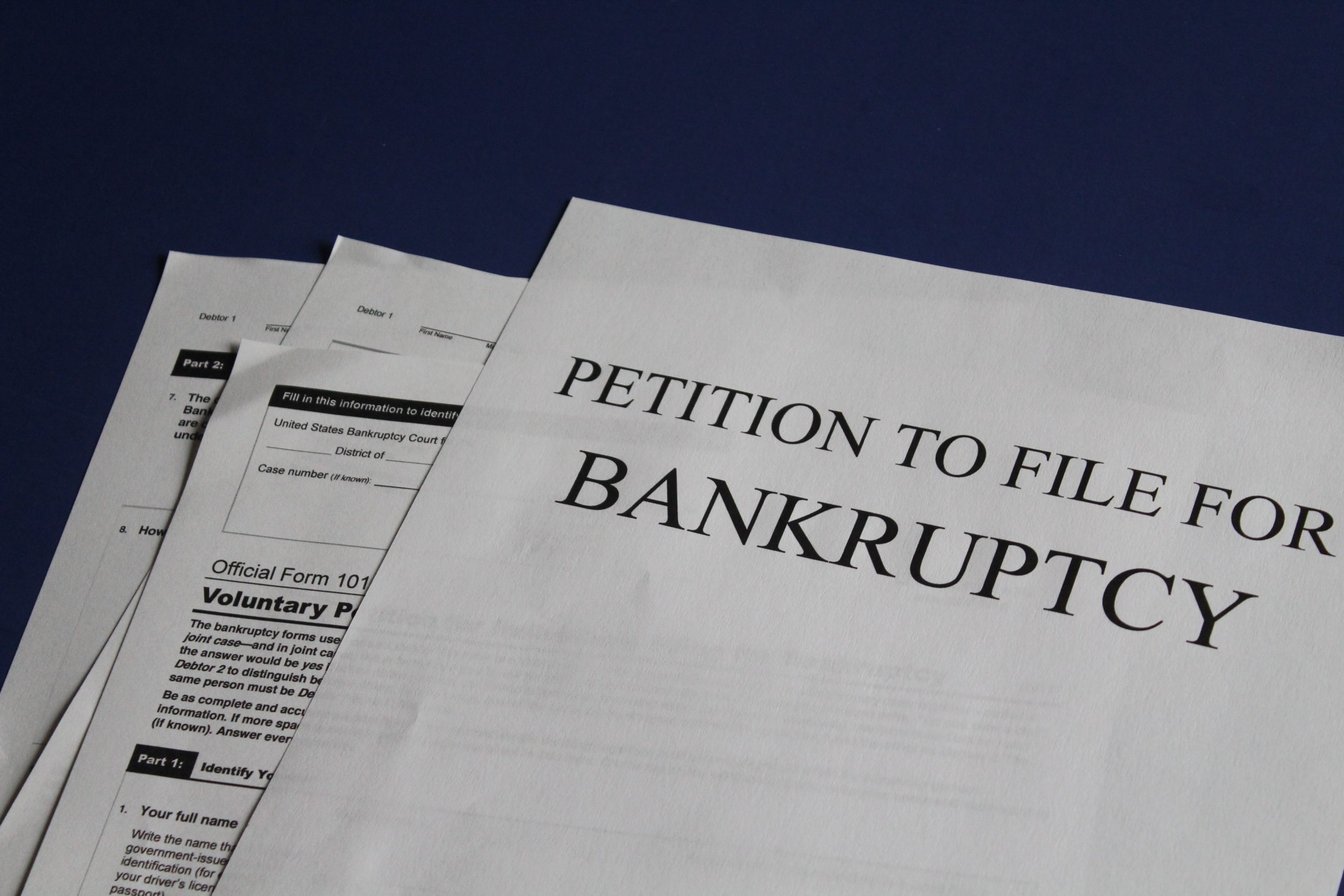Can You File For Bankruptcy to Avoid Paying Child Support?
In the United States, nearly $34 billion in child support is supposed to be paid annually. However, in many cases, the custodial parent will not receive the child support they are supposed to according to either a court order or agreement.
If you are not paying the child support you are required to, the debt will continue to grow. As the arrearages mount, you could be facing serious legal consequences, including potential jail time. Because child support is a debt, some people wrongly believe they could file for bankruptcy to discharge it like a credit card or medical bill. They are absolutely mistaken.
You are not permitted to eliminate past child support or alimony through bankruptcy. According to the Bankruptcy Code, child support is explicitly specified as “non-dischargeable” debt. However, filing for bankruptcy could still be helpful to avoid issues with the law and help you pay what you owe. Contact our experienced Philadelphia bankruptcy attorneys at Young, Marr, Mallis & Associates to discuss your unique situation. Call (215) 701-6519 in Pennsylvania or (609) 755-3115 if you live in New Jersey.
Domestic Support Obligations and Bankruptcy
Under the Bankruptcy Code, a domestic support obligation is defined as alimony, maintenance, or support. This debt is typically owed under a divorce decree, separation agreement, property settlement, or court order. When determining if a debt is a domestic support obligation, the intended use is more important than what is called. Because property and settlement agreements often contain vague language, the bankruptcy court will scrutinize family court rulings and orders to determine if the debt in question qualifies as a domestic support obligation or another type of division of marital property. This is crucial because a domestic support obligation is not dischargeable, while many marital payments are eligible for discharge.
To determine whether an obligation qualifies as a domestic support obligation, it is first asked whether the money is required to help the custodial parent maintain necessities. Some of the basic questions the court or trustee will ask include:
- How is the payment characterized in the divorce decree or separation agreement? Is there a specific child support agreement?
- Does the support stop if the receiving spouse remarries or dies?
- Is the support paid monthly instead of one lump sum?
- Is there an income difference between the spouses?
- Does the support balance that difference?
- Is the support specified for the welfare of the child or children?
If the answer is yes to the above questions, the court will consider the debt a domestic support obligation. Support is non-dischargeable in either a Chapter 7 or Chapter 13 bankruptcy.
The Bankruptcy Discharge and Child Support Payments
In an ordinary Chapter 7 bankruptcy case, many of your debts could be eliminated or discharged. For example, you could discharge most credit card debt, medical bills, and personal loans. A Chapter 7 bankruptcy was designed to provide people a fresh start.
Banks, businesses, and other entities will usually have to absorb discharged losses. However, a single parent is not in the same financial state and Congress understands this difference. As a matter of public policy, the burden placed on a parent who has not received their expected support payment is acknowledged. Our society has an interest, both practically and morally, to ensure that noncustodial parents abide by their court-order child support payments. Therefore, under the Bankruptcy Code, a delinquent parent is not permitted to eliminate their obligation to their child or the custodial parent by filing for bankruptcy. However, filing for bankruptcy often allows a parent who is behind in their child support payments a means to manage their past due obligations.
Managing Your Child Support Obligation Through Bankruptcy
While you are not permitted to discharge your child support obligations through bankruptcy, you are allowed to pay any outstanding debt through a Chapter 13 bankruptcy plan.
In a Chapter 13 bankruptcy, a debtor proposes a plan to pay certain creditors based on their income and the type of debt. Child support arrears are treated as a priority debt in bankruptcy, meaning that it must be paid.
There are some significant advantages to paying child support arrears through a Chapter 13 bankruptcy. First, you have five years to catch up. If you are dealing with family court, it could order you to pay all the arrears in one lump sum or over a substantially shorter period. It is important to note here that your bankruptcy plan will only address the amount you are behind. You will still be required to pay your ongoing child support payments.
Depending on your other debt and income, you might be able to discharge a large portion of your unsecured debt. Eliminating other financial obligations could free up the required funds to pay your monthly child support.
Furthermore, bankruptcy provides additional protections. If you are paying your monthly trustee payment and staying current with your ongoing child support, you do not have to worry about other legal consequences.
If you are not behind in your child support payments but are just struggling to make the month to month, you could file a Chapter 7 bankruptcy to eliminate other debts. If you are eligible, you could discharge credit card debt or personal loans that are competing for your limited resources. Our Bucks County bankruptcy attorneys will work with you to determine if filing for bankruptcy is beneficial.
Call Our Pennsylvania Bankruptcy Lawyers if You Are Behind in Your Child Support Payments
As a matter of public policy, you are not permitted to discharge child support through bankruptcy. However, that does not mean that filing for bankruptcy could not help you manage your debt, including your outstanding child support obligations. At Young, Marr, Mallis & Associates, our seasoned lawyers understand how the Bankruptcy Code could be used to help you through a difficult situation. Call our Pennsylvania bankruptcy attorneys at (215) 701-6519 or (609) 755-3115 if you are in New Jersey.






























